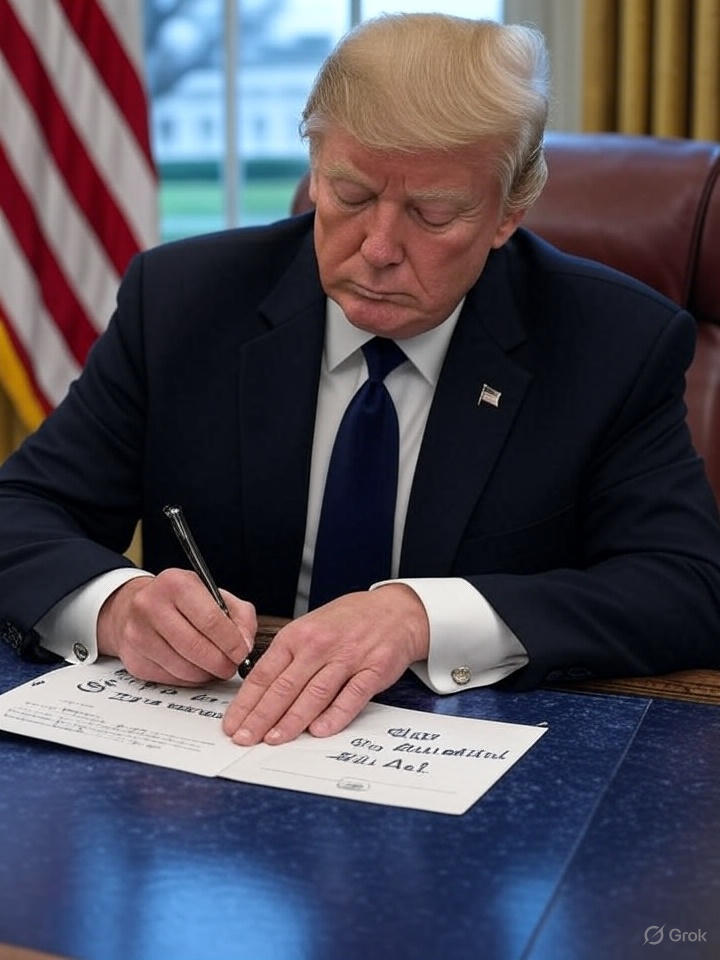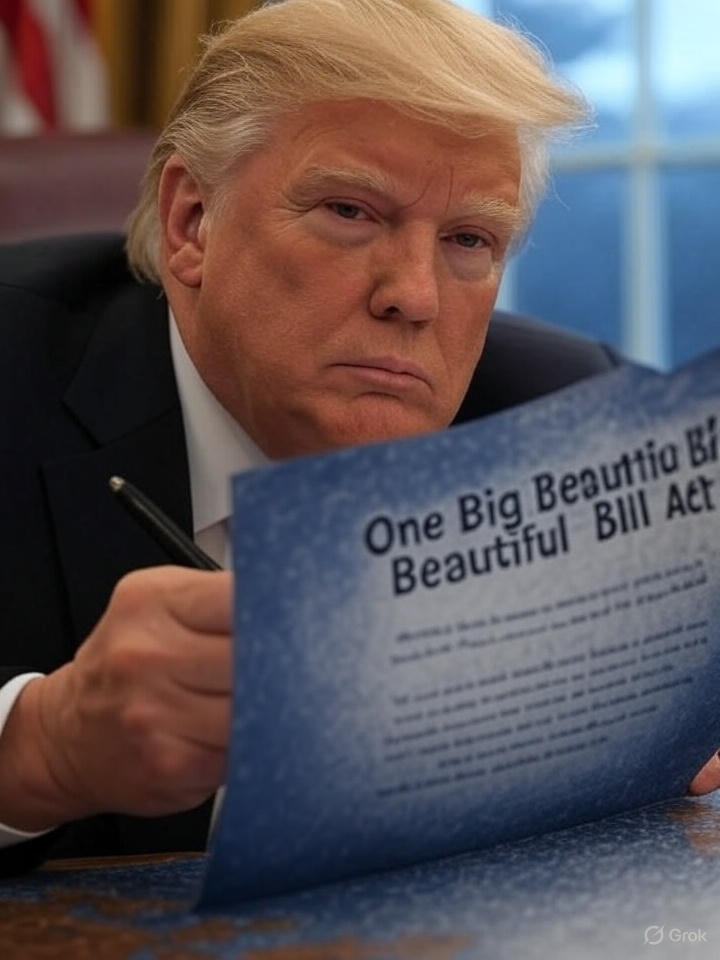Congress Approves Big Cuts: The “One Big Beautiful Bill Act”
On July 24, 2025, President Trump signed into law a rescissions bill part of the broader “One Big Beautiful Bill Act” that cancels approximately $9 billion in federal funding previously approved by Congress. About $1.1 billion targets the Corporation for Public Broadcasting (CPB) (supporting NPR and PBS), while the remaining $7.9 billion primarily affects foreign aid programs, including international assistance via USAID (GLobedge).
The Senate passed the cuts narrowly by a 51‑48 vote, with GOP Senators Susan Collins and Lisa Murkowski breaking ranks in opposition. The legislation excludes critical global health funds like PEPFAR, preserving some funding for HIV/AIDS, maternal and child health, nutrition, and food assistance programs (Politico).
Supporters hailed it as a fiscally responsible victory; critics warned of dire consequences for rural public media, global health efforts, and democratic budget norms arguing the move bypassed traditional appropriations processes and risked undermining the Impoundment Control Act (Politico).
Higher Education Under Trump: Executive Order on College Sports
Also on July 24, President Trump issued an executive order aiming to regulate college athletics and protect non revenue sports (Politico).
Key Provisions:
- Ban on third-party “pay for play” NIL deals unless they reflect legitimate, fair-market endorsements, curbing booster-driven recruitment spending (The White House).
- Requires athletic departments with revenues over $125 million (from FY 2024–2025) to increase scholarships for women’s and Olympic/non revenue sports, while lower revenue schools must at least maintain support (Politico).
- Directs federal agencies including Labor, Education, DOJ, and FTC to clarify that college athletes are not employees, safeguarding institutions from labor and antitrust litigation (Politico).
Legal Uncertainty:
- The order lacks Congressional authority and does not carry the force of law. Legal experts and lawmakers emphasize that lasting reform requires legislation, such as the pending SCORE Act.
- NCAA President Charlie Baker welcomed the effort but urged bipartisan legislative backing. Critics, including some labor groups and Democratic attorneys general, questioned the executive branch’s constitutional basis for regulating NIL and athlete status (The Washington Post).

Broader Significance and Implications
Political & Legislative Context
- The rescission represents a rare executive victory allowing funding cancellation with a simple Senate majority circumventing obstruction via the filibuster.
- The cuts have sparked partisan tension over executive authority, fiscal oversight, and the politics of foreign aid and public media (Business Insider, The Washington Post).
College Sports Realignment
- The executive order aims to curb rising booster influence and maintain balance across sports programs.
- It counters what officials described as escalating “pay for play bidding wars” in rich revenue sports like football and basketball, which allegedly drain resources from women’s and Olympic programs. The administration framed it as rescuing collegiate athletics from deregulated NIL chaos (Politico, The White House).
Challenges Ahead
- Implementation depends heavily on cooperation among federal agencies and buy-in from universities.
- Because it lacks legislative authority, the executive order may face legal challenges or simply be ignored by courts.
- Critics suggest that any meaningful restrictions on NIL or athlete classification require statutory action, not executive fiat (The Washington Post, The Guardian).
Summary
- One Big Beautiful Bill Act: Cancels about $9 billion in previously approved funding $1.1 bn from public broadcasting and $7.9 bn from foreign aid amid partisan controversy and budget maneuvering.
- Executive Order on College Sports: Bans third-party pay for play NIL deals, mandates scholarship boosts for women’s and Olympic sports, and seeks to clarify that college athletes are not employees though its legal enforceability remains uncertain.
- Together, these actions illustrate the President Trump administration’s agenda to shrink federal spending, reassert regulatory control over college sports, and push policy through daring executive measures even in areas where its authority may be legally contested.

